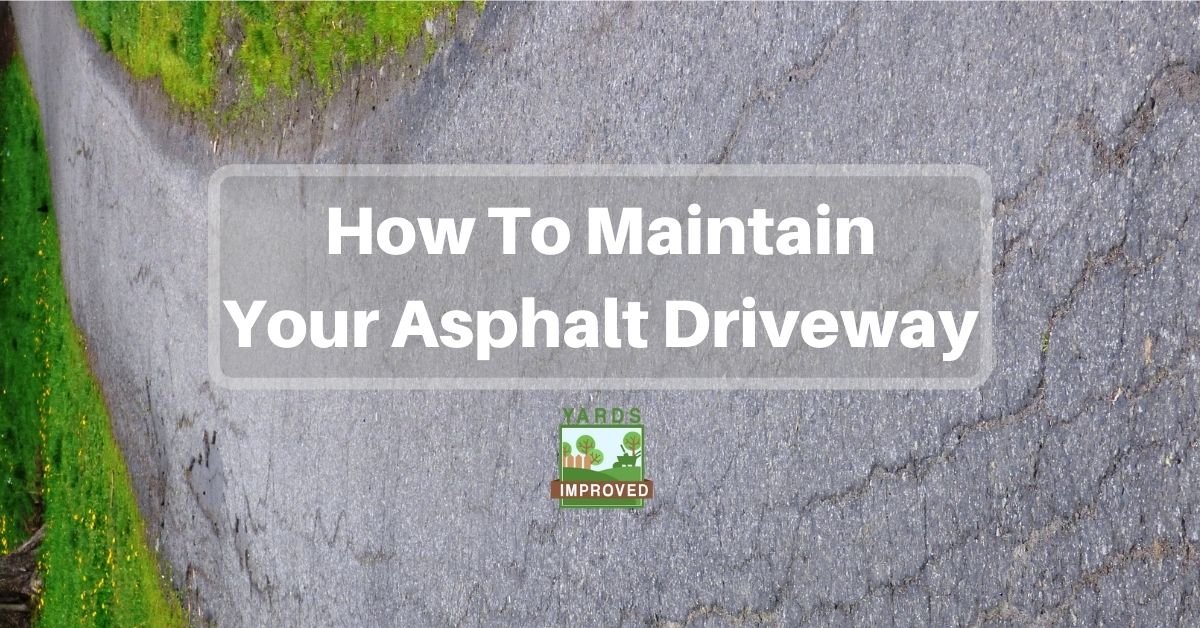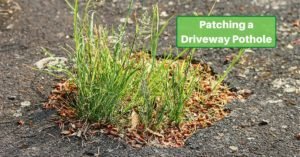Driving along a fresh-laid asphalt surface can be a wonderful experience. Everything is so smooth! But experience teaches us that too often, it can become a nightmare when not properly maintained. That’s even true of asphalt driveways. To keep that wonderfully smooth surface, you need to take good care of it. By doing that, you can enjoy that “newly paved” feel for years to come!
Why Driveway Care Is So Important
We tend to forget about the more solid parts of our home and property. We assume that the foundation, the roof, and yes, the driveway, are just “there” and we don’t have to worry about them. It’s true that they need less care than, say, the grass or the rose bushes.
It’s true that there are more durable elements to our homes, and the driveway is among them. However, that doesn’t mean that they can be ignored completely.
A driveway can last for decades with some basic care. However, if neglected, its quality can quickly diminish. It will no longer provide that smooth feel as you pull your car in. It’ll also lose its aesthetic appeal.
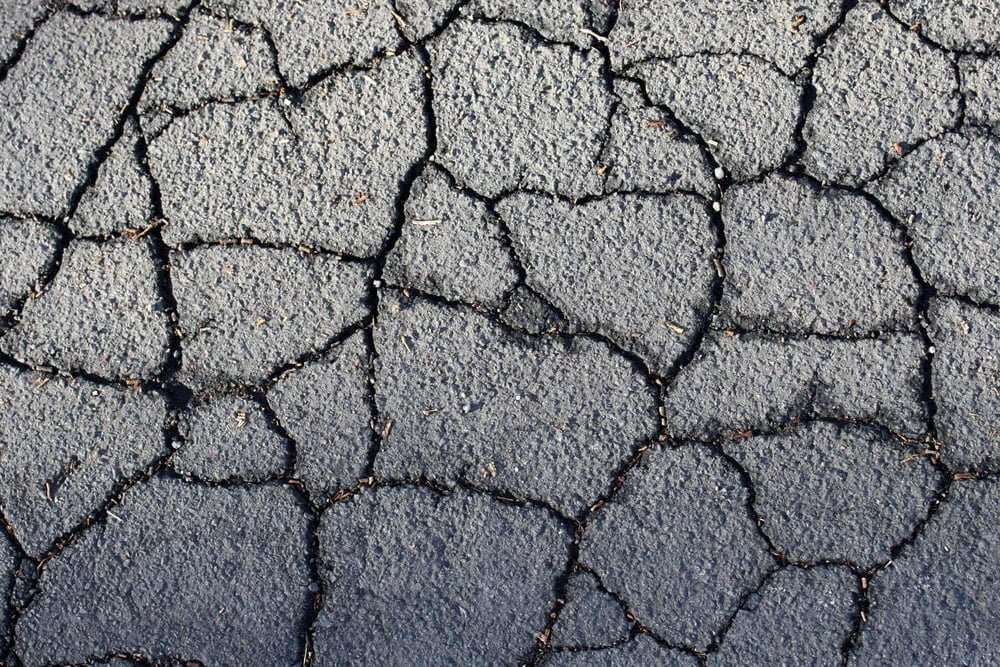
Asphalt is one of the most common driveway surfaces. It can hold up well over time – but only if you give it the attention it requires. It’s not overly demanding nor is it expensive. By taking basic care of it, you can expect your asphalt drive to last from twelve to twenty years, in fact. That’s pretty good, considering it’s one of the least expensive alternatives!
Attending to your driveway will preserve its smooth surface, keep the dust level down, and improve the appearance of your property.
Looking for a different driveway surface? Many different materials can be used
So what can you do to keep your asphalt driveway in top shape for as long as possible?
Tips for Caring For Your Driveway
Keeping your asphalt driveway in tip-top shape only calls for some basic observation, care, and attention. The care is simple but easy to overlook. A couple of tips do call for long-term planning. But a lot depends simply on paying attention to the conditions and addressing potential issues early.
Don’t Plant Trees Or Bushes Too Close To Your Driveway
The root system of plants is their source of nutrients. Depending on the type of plants, those roots may stretch deep down and far out from the plant itself. This is especially true in the case of trees.
Some trees have root systems that tend to head downward, while others spread out. It’s the latter you have to worry about in regards to your driveway (as well as your sidewalks).
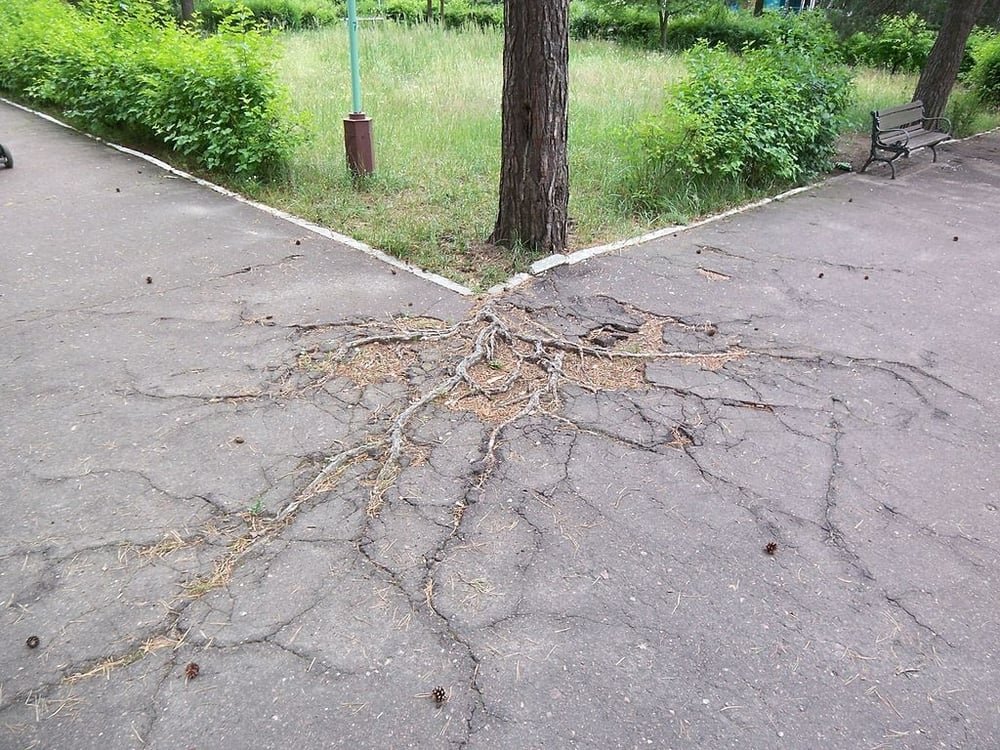
These more expansive root systems can work their way under hard surfaces and push them up. This can cause minor cracking or even severe damage as the roots grow bigger.
Try to choose bushes or trees that have roots that won’t expand under your driveway. If that’s not possible, be sure they are planted a suitable distance away. That distance varies depending on the type of plant, of course. Even for shorter trees, though, there should be a minimum of three to four feet from the driveway’s edge.
Keep The Driveway Clean
Think about the effect of leaves or fruit that may fall from trees, too. Falling fruit can stain the driveway (as well as your car). Leaves can trap moisture, giving it more time to penetrate the surface rather than running off. On the other hand, shade is good, especially on asphalt. The black surface will heat up under the sun.
It’s important to have a balance between having trees that provide shade and having falling foliage create more work for you. So look for hardy trees that won’t be too messy!
Grass clippings or litter accumulating on the driveway can have the same effect as fallen leaves. A big key to driveway care is keeping it clean so that water doesn’t get trapped and absorbed.
Keep It Dry
Speaking of water, it’s one of the biggest enemies of your driveway. Asphalt is remarkably good at repelling water, but if the water is allowed to sit, it will work its way into the tiniest cracks.
This water that penetrates the surfaces can reach the soil underneath, encouraging weed growth.
Even more damaging, water that is trapped inside the asphalt can freeze when the cold weather hits. That can turn almost invisible cracks into serious problems.

When your driveway was designed and installed, the flow of water was taken into account. Using the slope of the driveway as well as drains when necessary, the water should naturally move off the surface.
If puddles form at times, remove them with a broom. But if you have an ongoing problem with standing water, you probably need to have that section patched so the water begins to run off.
Edge Your Lawn
Edging your lawn keeps the grass looking great since it will have a crisp, clean line. But it’s also helpful to your driveway. That two or three inches of space between grass and asphalt provides a space for water to flow.
At the same time, it becomes useful by keeping grass and weeds from trying to grow into the asphalt itself. Even though they have tiny root systems, they could still cause damage over time and break down the edge of your driveway.
Check out some great power lawn edgers!
Fill In The Cracks
Cracks in your driveway’s surface are unsightly and can be a sign of worse things to come. It’s important to stay on top of them and repair them when they do appear.
The origins of cracks are varied. We’ve mentioned some, like the freeze-thaw cycle of water that’s made its way into the material. There’s also damage from roots that grow underneath.
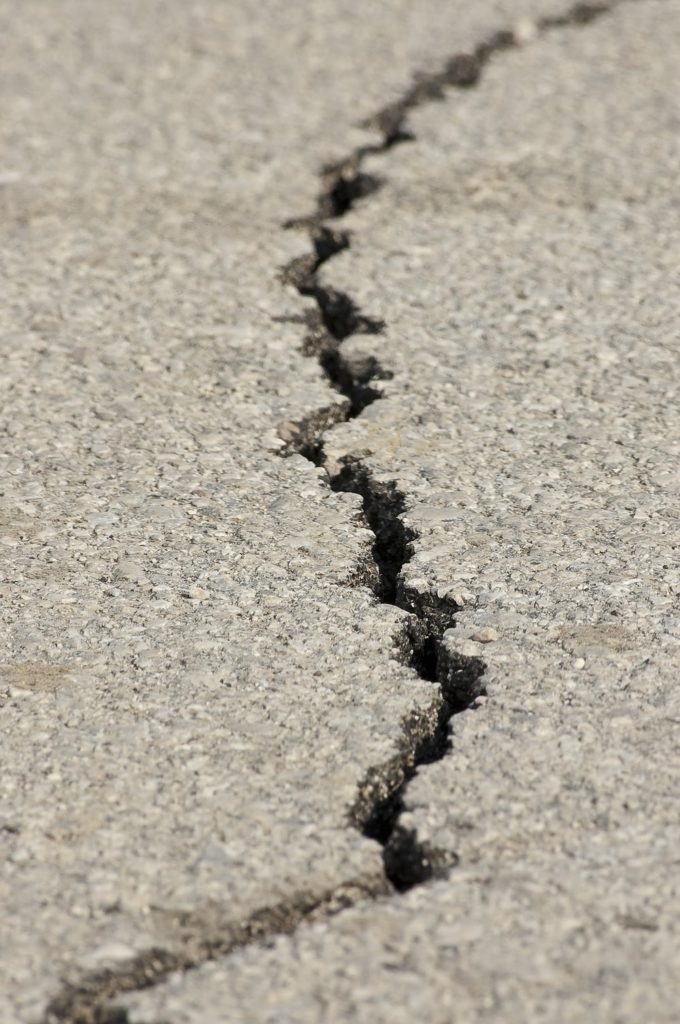
Another reason cracks occur is from the settling of the earth below the driveway. Parking heavier vehicles can be a contributing factor, too. If those vehicles weren’t taken into account when the surface was laid, the installer may not have prepared an adequate layer.
Severe cracking of the asphalt early in its lifetime can indicate problems with the installation itself. Often this arises because the surface layer being too then.
No matter the cause of the cracks, it’s important to patch them as soon as possible so they don’t grow worse. Patching asphalt is a simple process and you can get asphalt at the local big box home improvement store.
Clean Up Chemical Spills
Chemicals? On your driveway? Yes – don’t forget all the chemicals that can spill from your car.
It’s important to be aware of these, of course. Not only can they damage your asphalt, they can also indicate a problem with your car. However, some spillage or dripping is likely to occur even when the vehicle is in good shape.
Soap and water can help get these spills up. Use a gentle brush if necessary. Avoid wire brushes, though, as they can cause more damage.
Reseal Your Asphalt Driveway
Asphalt does need to be resealed occasionally. Depending on its condition and how heavy the use is, it should be refilled every one to three years.
Resealing asphalt can be a little messy, but overall it’s not a difficult DIY project. Of course, the time involved depends on the size of your driveway.
Be sure to stay on top of this, as the seal helps keep the driveway looking great while also preventing water from seeping in.
Winter Care For Asphalt Driveways
Harsh winter weather can take a toll on your property, and your asphalt driveway is no exception. We’ve already talked about the dangers of the freeze-thaw cycle, so let’s focus on getting rid of snow and ice.
We always recommend a sturdy plastic snow shovel. Metal shovels can work well but are more likely to damage the surface with their sharp edges.
If you plow your driveway, be careful to set the blade so it doesn’t scrape the surface. Set the blade about an inch above the driveway itself, and go back and finish the job with a shovel. Otherwise, the snow plow can do severe damage to the surface.
Asphalt holds up well to road salt, so it’s not really a problem for your driveway. However, don’t forget that it can corrode the underbody of your car. It can also be tracked into your house on your shoes and pants, where it can do more serious damage to rugs and other flooring materials. It may be best to consider alternatives snow melts.
Conclusion
With some basic care, your asphalt driveway can provide you with years of use. Being observant about its condition and proactive in addressing any problems that pop up will keep it looking good and serving well. It’s a cost effective and highly-functional material that remains a principal option because of its cost and simplicity.

